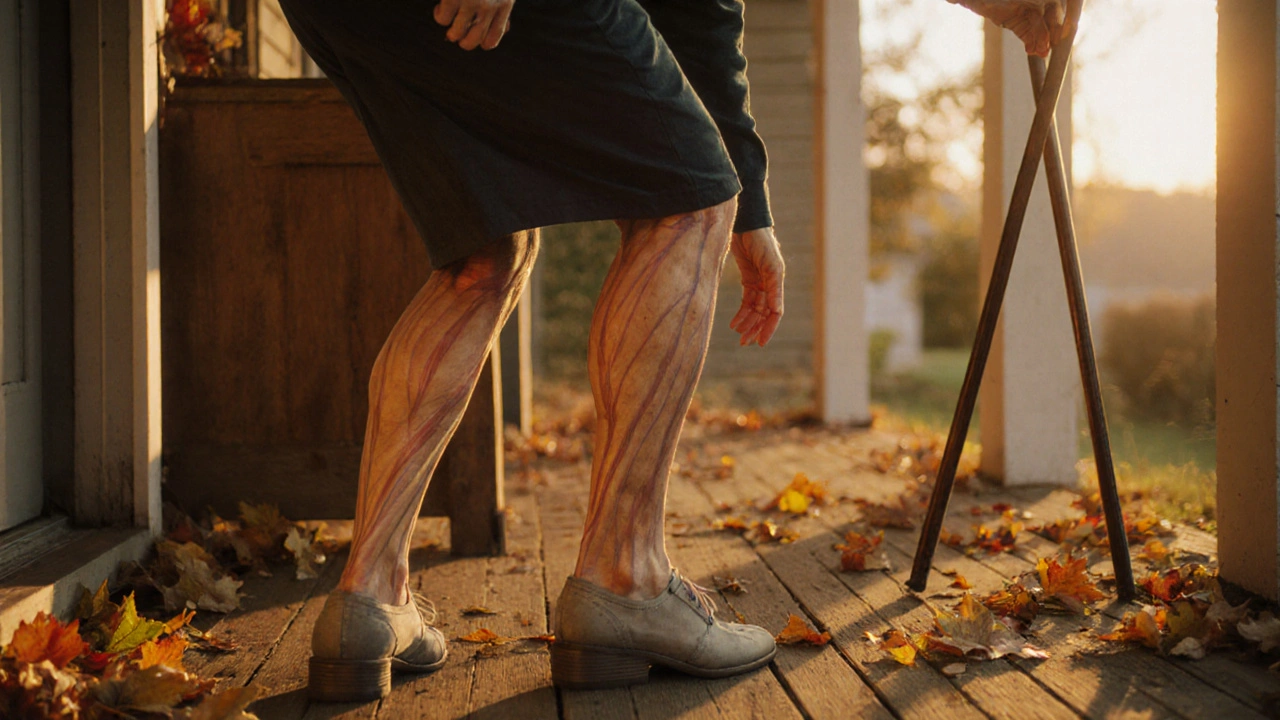Menopause: Understanding Symptoms, Hormones, and How to Manage Them
When you hit menopause, the natural end of menstrual cycles caused by declining estrogen levels, usually around age 51. Also known as the change of life, it’s not a disease—it’s biology. But that doesn’t mean you have to suffer through it alone. Every woman’s experience is different. Some breeze through with mild symptoms. Others deal with night sweats so bad they need to change pajamas, brain fog that makes remembering names impossible, or mood swings that surprise even their closest friends.
The real driver behind most of these changes is estrogen, the primary female sex hormone that regulates reproductive health, bone density, and even skin elasticity. As your ovaries slow down, estrogen drops—and your body reacts. That’s why hot flashes, sudden waves of heat, sweating, and flushing happen. It’s not your body overheating—it’s your thermostat getting confused. And when estrogen falls, so does your bone density. That’s why women over 50 are at higher risk for fractures. Your heart health changes too. Estrogen helped keep cholesterol in check, and without it, LDL (the bad kind) can creep up.
That’s where hormone replacement therapy, a medical treatment that replaces declining hormones to ease symptoms and protect long-term health comes in. It’s not for everyone—some women avoid it due to past concerns about cancer risk. But new data shows that for healthy women under 60, it can be safe and effective, especially for severe hot flashes and bone protection. You don’t have to choose between suffering and pills. Lifestyle changes—like strength training to protect bones, avoiding spicy food and alcohol to cut hot flashes, or getting better sleep hygiene—can make a real difference. Even small shifts add up.
What you’ll find below isn’t just theory. These are real stories from women who’ve been there—how they managed weight gain from meds, why some antidepressants made sweating worse, how estrogen loss affected their sex drive, and what actually helped them sleep again. Some used supplements. Others switched medications. A few found relief with simple changes to their daily routine. There’s no one-size-fits-all fix. But there are proven paths forward. You’re not alone in this. And you don’t have to just wait it out.

How Menopause Affects Your Muscles and Tendons
Menopause causes muscle loss and tendon stiffness due to falling estrogen levels. Learn how to protect your strength, prevent injuries, and stay mobile with targeted exercise, protein, and recovery strategies.
Read more